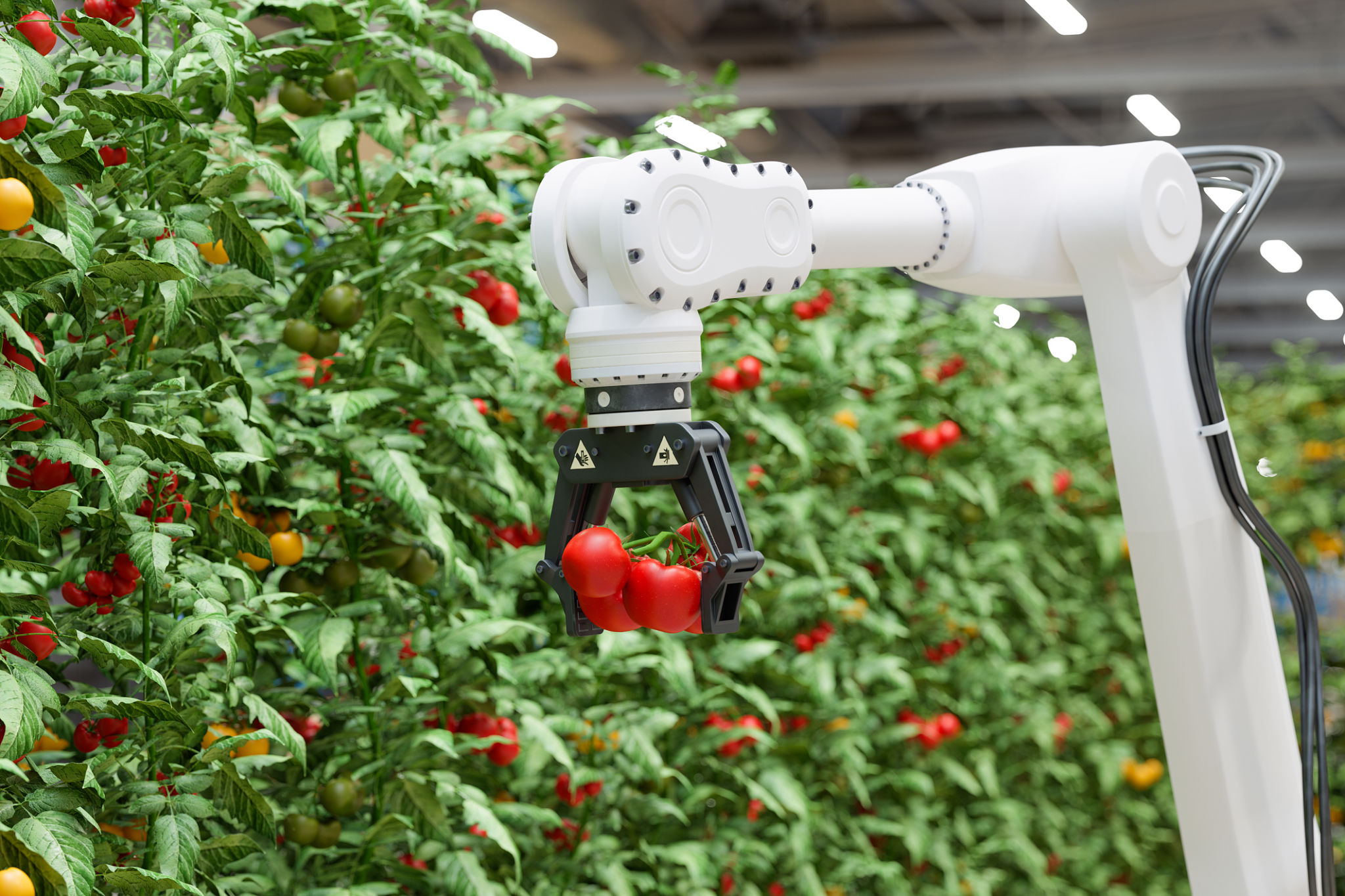Exploring the Benefits of Climate Controlled Farming Systems in Georgia
Introduction to Climate Controlled Farming Systems
In the heart of the Southeast, Georgia's agricultural landscape is evolving with the introduction of climate controlled farming systems. These advanced systems are revolutionizing the way farmers grow crops, offering a sustainable solution that addresses the challenges posed by traditional farming methods. By precisely managing environmental conditions, farmers can optimize plant growth and maximize yields, regardless of external weather conditions.

Benefits of Controlled Environments
Climate controlled farming systems provide numerous advantages, chief among them being the ability to grow crops year-round. This is particularly beneficial in Georgia, where seasonal changes can significantly impact agriculture. With these systems, farmers can maintain consistent temperature, humidity, and light levels, creating an ideal environment for plant growth.
Another significant benefit is the reduction in water usage. Traditional farming methods often result in high water consumption, but climate controlled systems use advanced irrigation techniques that minimize waste and promote sustainability.
Enhancing Crop Quality and Yield
By leveraging technology, farmers can ensure higher quality produce. Climate controlled environments allow for meticulous monitoring of soil nutrients and pest management, leading to healthier plants and fewer losses. This precision agriculture approach not only improves crop quality but also enhances yield potential.

Sustainability and Environmental Impact
One of the most compelling reasons to adopt climate controlled farming systems is their positive impact on the environment. These systems can drastically reduce the need for chemical fertilizers and pesticides, leading to less pollution and healthier ecosystems. Furthermore, by minimizing land usage and optimizing space, they contribute to biodiversity conservation.
Additionally, these systems support local food production, reducing the carbon footprint associated with transporting goods over long distances. This aligns with global efforts to combat climate change by promoting sustainable practices.

Economic Opportunities for Georgia Farmers
The implementation of climate controlled farming systems also presents economic opportunities for Georgia's agricultural sector. By increasing productivity and reducing input costs, farmers can achieve greater profitability. Additionally, the ability to grow specialty crops year-round opens new markets and revenue streams.
Moreover, these systems can attract investment into the region, fostering innovation and creating jobs in technology development and system maintenance.
Challenges and Considerations
Despite their numerous benefits, there are challenges associated with adopting climate controlled farming systems. The initial investment costs can be high, and farmers need to be trained in using these advanced technologies effectively. However, with government incentives and educational programs, these barriers can be mitigated.
Conclusion
Climate controlled farming systems represent a promising advancement for agriculture in Georgia. By embracing these technologies, farmers can overcome the limitations of traditional farming methods and pave the way for a more sustainable and productive future. As awareness grows and adoption increases, Georgia is poised to become a leader in innovative agricultural practices.